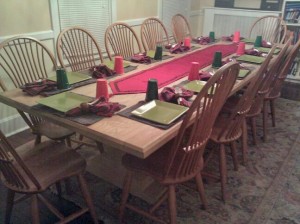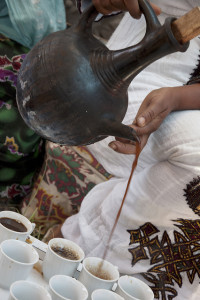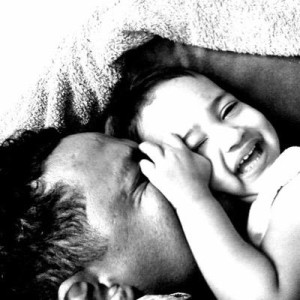If you’ve never picked up your life and moved hundreds of miles away to a place where you know no one, I highly recommend it.
At 26, I was burnt-out on teaching after only three years, uncertain of what my future looked like, and my always-dreaming-of-new-places heart was ready to take a leap. I got on the computer. After a few hours on google, I applied for three jobs, got an interview for one, and within a few months had whittled the contents of my apartment down into what would fit into a small SUV– rented, one-way, from Atlanta to Chicago.
I moved into a 125 year old house that came with the job, a short walk from the shores of Lake Michigan. Already living in the house were three other adults and eight teenagers. The easiest way to explain my new job is that I worked for a nonprofit boarding school. I was one of four “house moms” to a group of smart, dedicated, and brave young women who made the choice as 7th, 8th, or 9th graders to live mostly away from their families in order to make their education a priority. In many ways, the people in that house lived as a family.
My favorite parts of the job were easily things like waking up a little earlier on cold mornings so the kids had cups of tea or hot chocolate to take with them to the school. I would often stand just inside the front door and say good-bye, shivering against the cold Chicago wind, as they walked out the door with smiles on their faces and gloved-hands clutching mugs. The highlight of the day was almost always dinner. At least four nights a week we gathered around the extra long dining room table and there was a chorus of “please pass the . . .” as dinner plates were filled and then stories from the day began.
One late spring day one of “my” kids came home to say that she needed to take fruit to a school function the next week. The morning of the event I pulled out a fruit platter with oranges and kiwi and grapes and strawberries arranged in an alternating, symmetrical color pattern. She looked at the tray and then back at me and said, “Did you buy this?”
“No. I made it last night.”
“Wow. It’s so pretty! Thank you!”
When I was a kid, the thing that I most wanted was to be a mom. There were a few years in college where my life seemed to moving towards my dream of “get married young and start a family.” While that didn’t happen, my desire to be a mom remained. But there, with fruit tray in hand, I realized something. It was a simple moment in the midst of a life that included dishes and laundry and “turn down that music” and checking on homework and a million things that were very mom-like, but it was that moment when I knew that I had found my place. Somehow, my always-wanted-to-be-a-mom heart was getting to live its dreams.
At the beginning of November I was back in Chicago for a few short days as part of a work trip. I drove past the old house and paused for just a few moments, giving thanks for what I learned those three years and have continued to live out since: I am a person who wants to make spaces safe and welcoming. That is a passion and a desire that can be lived out no matter if anyone calls me “mom” or not.
***





